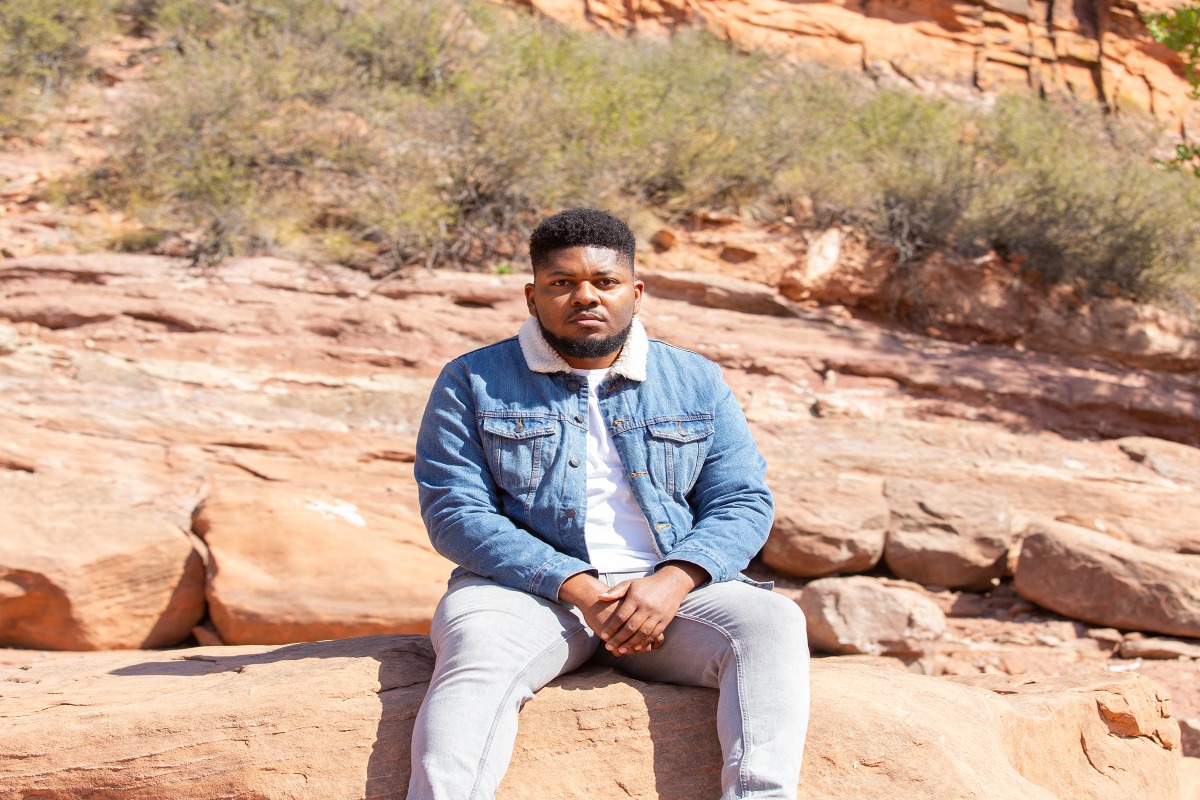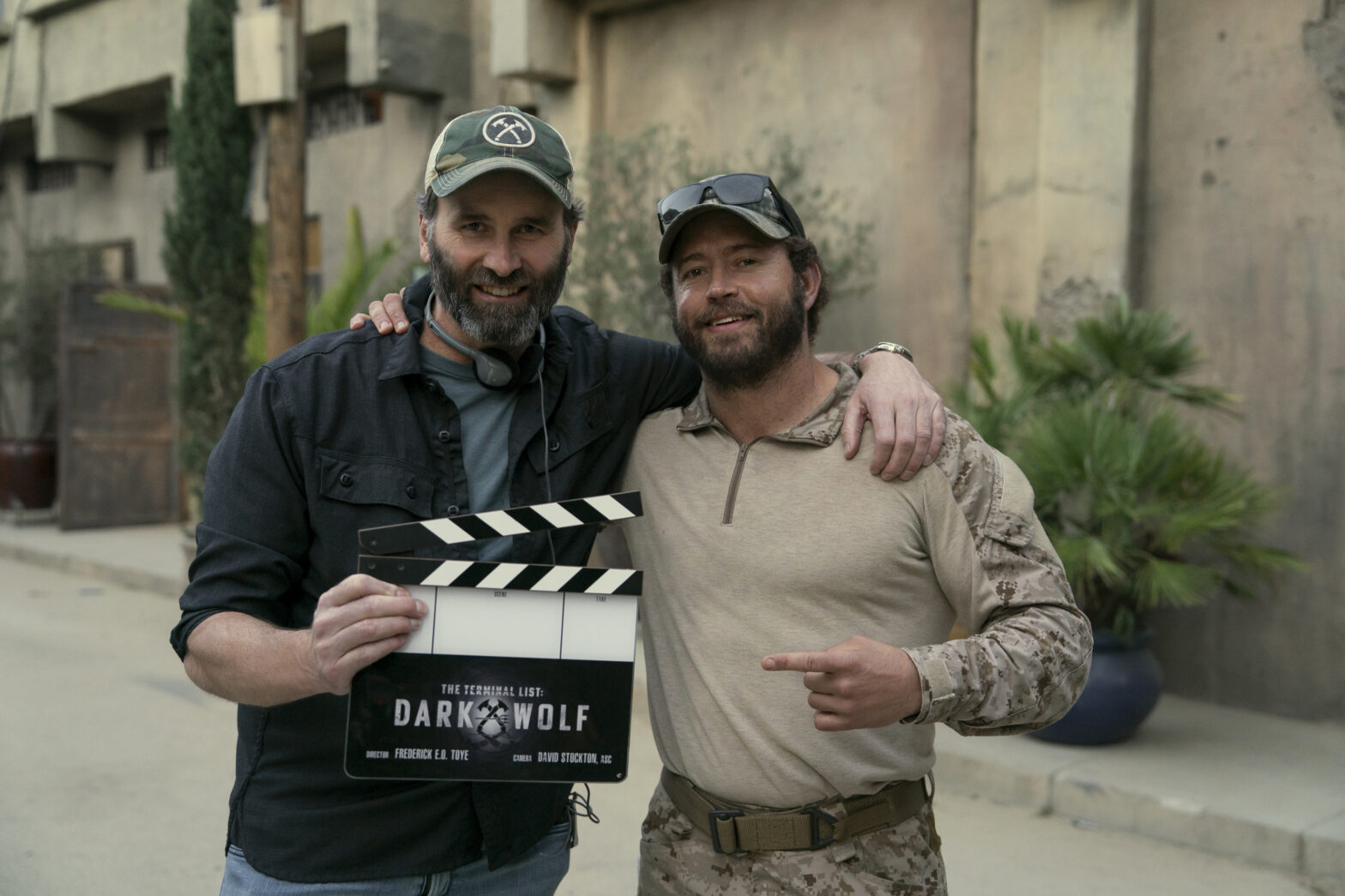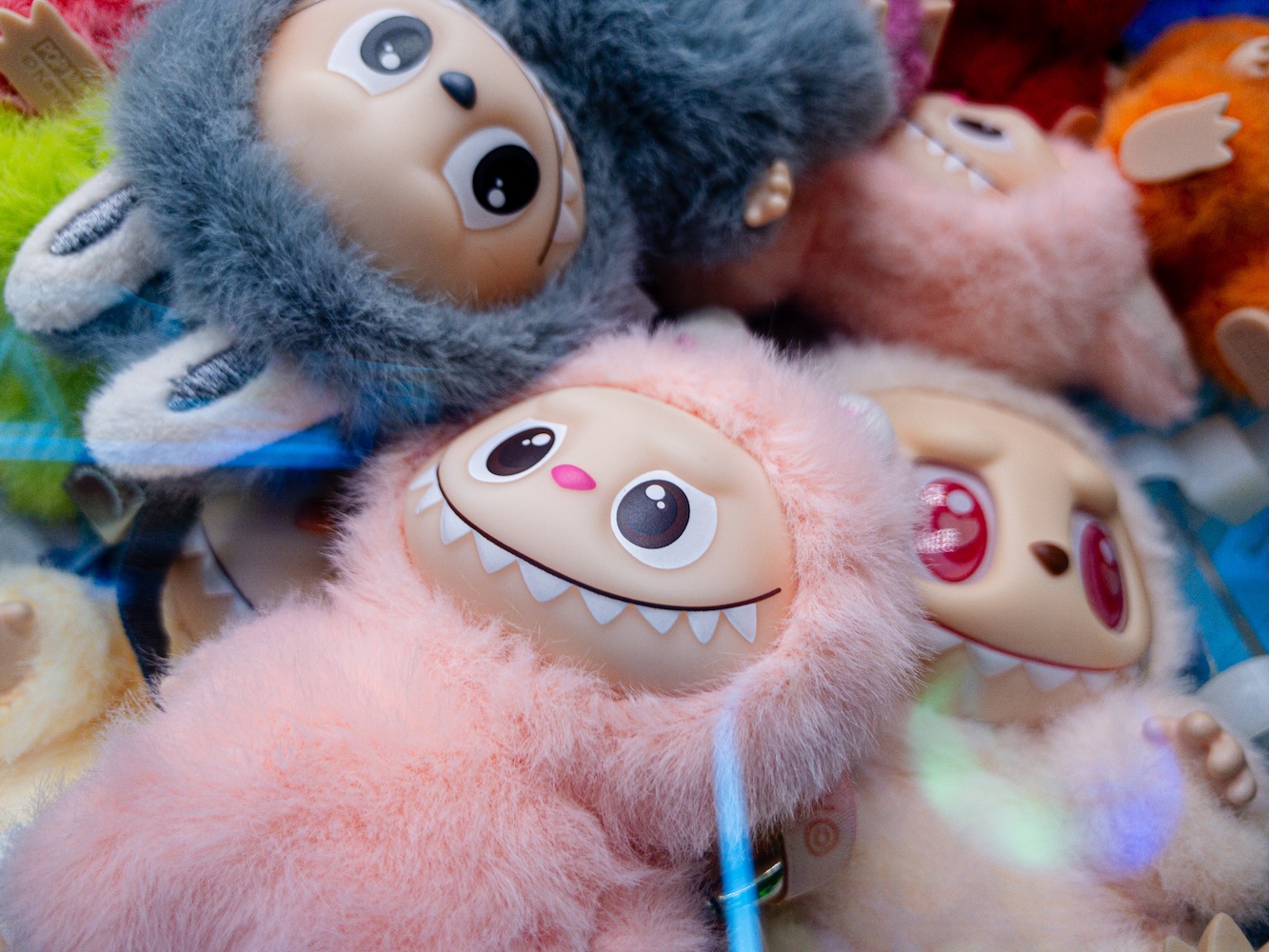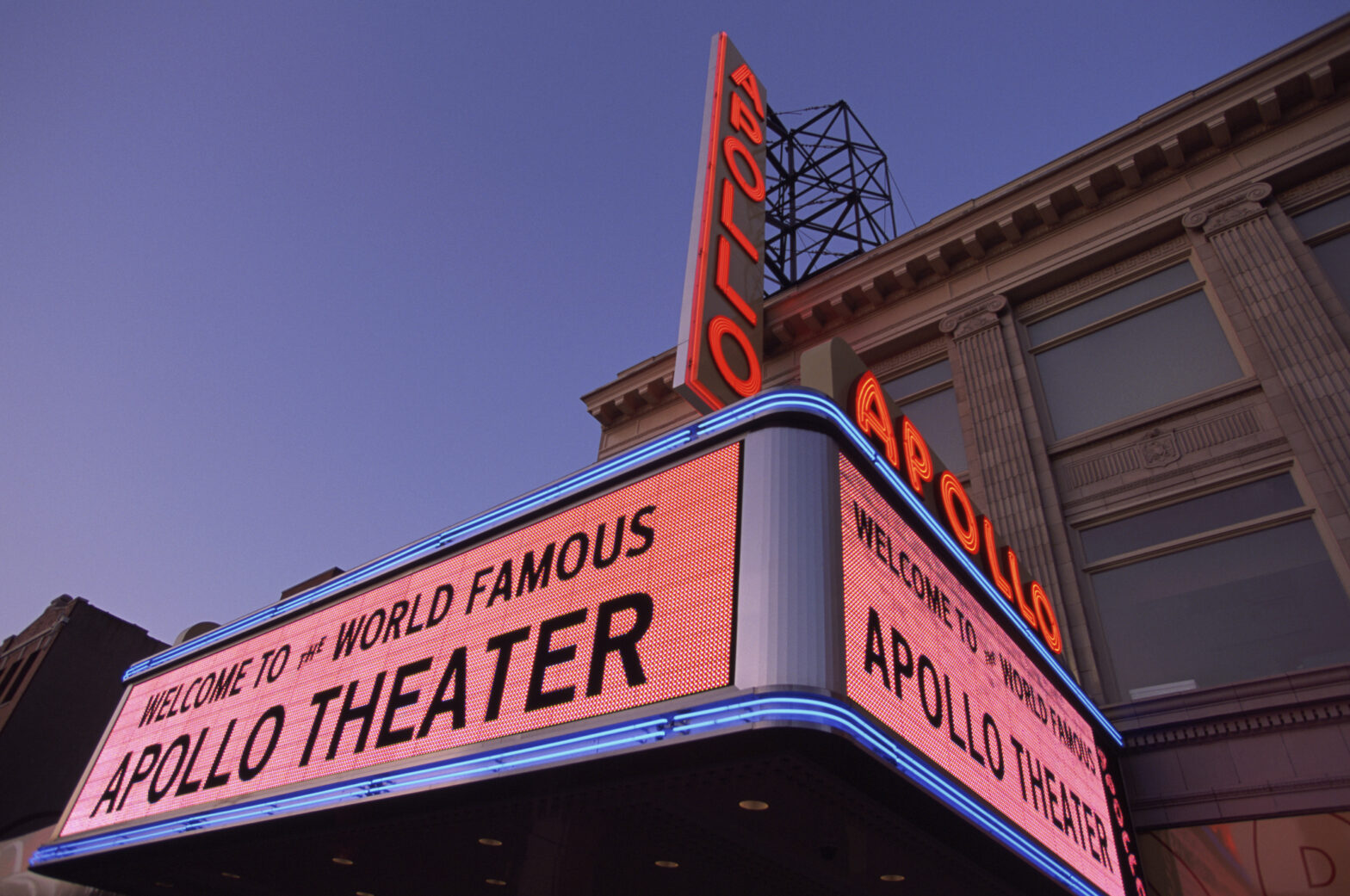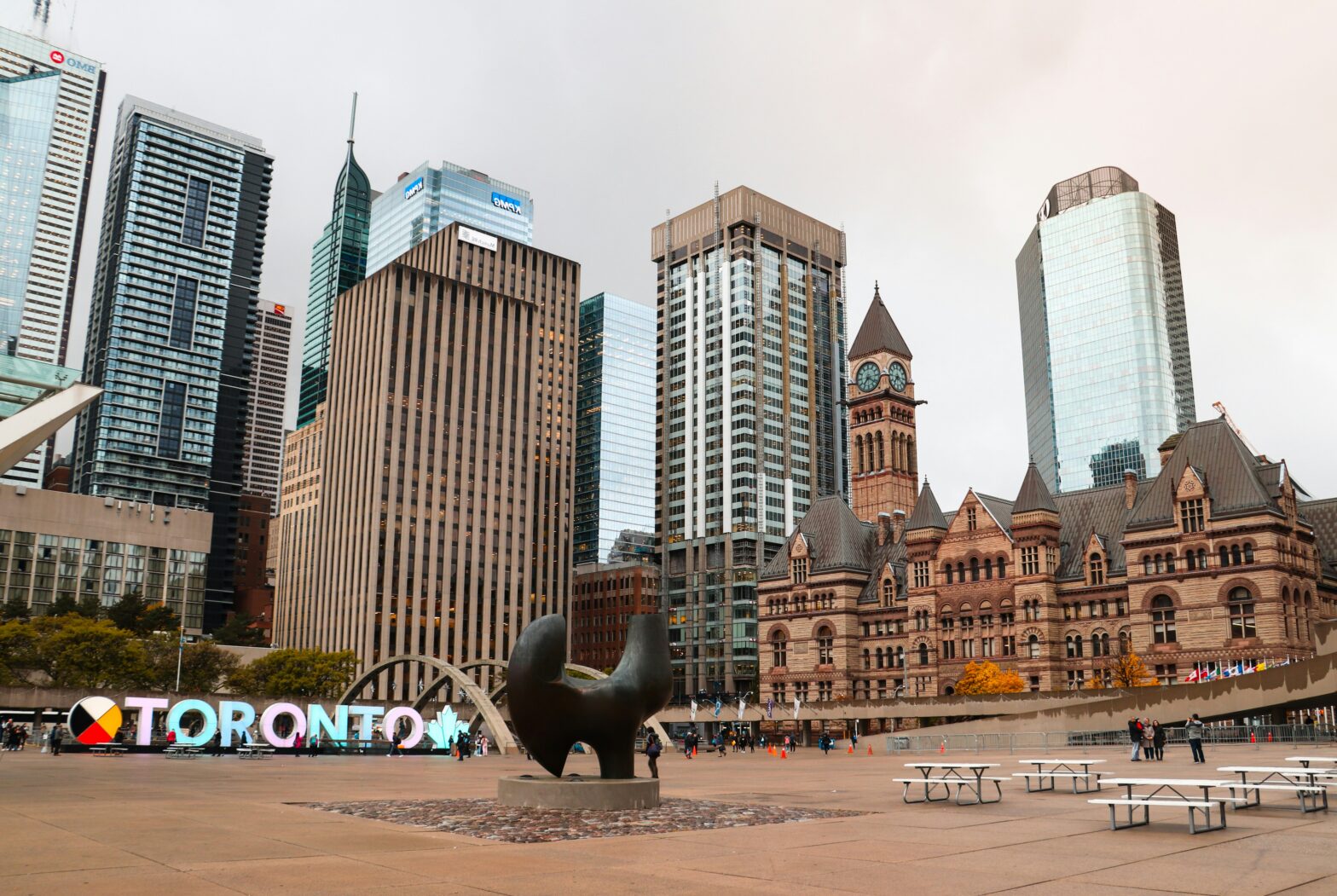Step into the shadows with Joshua Dairen, one of the few Black paranormal investigators in the United States. Focusing on the South and experiences spanning from Gettysburg to Liberty, Missouri, Dairen brings a fresh perspective to the world of the supernatural. As a Black man with a Christian background, he navigates the eerie world of ghost hunting in unconventional ways.
In this exclusive interview, Dairen opens up about his haunted coffee shop, the importance of representation in paranormal research, and how his unique background shapes his approach to investigating the unknown.
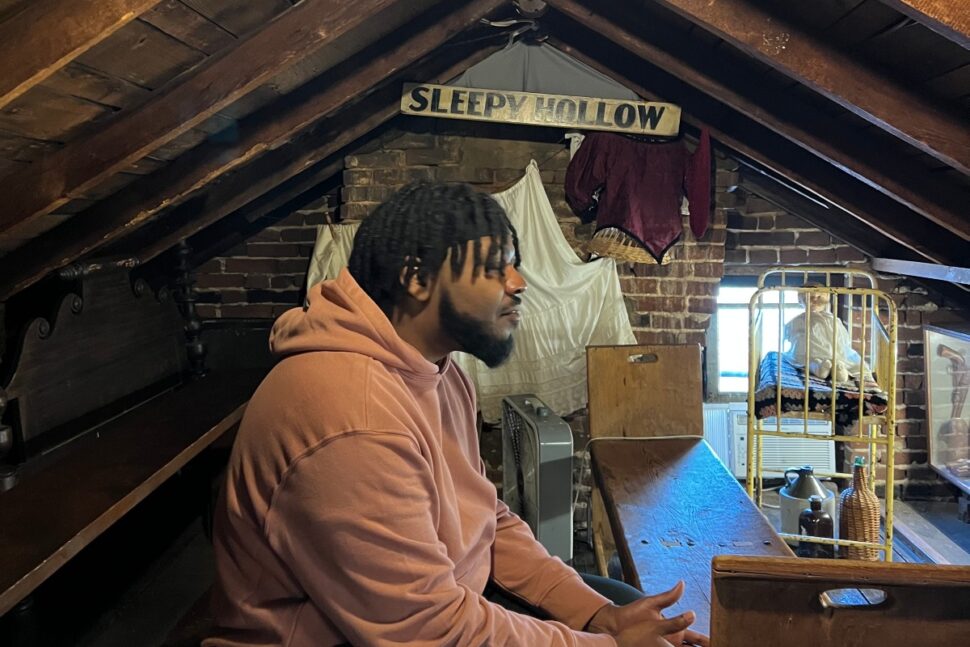
Travel Noire: As one of the few Black paranormal investigators in the country, what inspired you to enter this field, and how has your background influenced your approach to paranormal research?
Joshua Dairen: I have been into the paranormal for as long as I can remember. One of my first actual memories is a paranormal experience. Part of me was always interested and curious in pursuing this field, but being raised in a Christian Black household, talking about or even considering investigating ghosts and haunts was not widely accepted. It was also talked down on and not labeled as something that we traditionally did as a community despite our casual talks about the woods being filled with lore and urban legends. This led me to keep my interest in the paranormal to myself. Nobody knew I was researching or watching documentaries and absorbing all of this paranormal information over the years.
It was my best-kept secret until I saw the Ghost Brothers on television. They were the first of their kind, being perhaps the first Black group of people doing exactly what I wanted to do when I was younger, which was investigating haunted places. One of the many reasons I never felt like I could do what I do today was because representation was so limited. It was common for it to be all but nonexistent. I never saw myself reflected on the TV screen in that way until the Ghost Brothers. That changed everything and started me down the path to become more public with my passion [and] actually do something about it and follow in their footsteps.
TN: You’ve mentioned specializing in the South. Can you share a particularly memorable investigation you’ve conducted in this region and what made it stand out?
JD: One of the most impactful investigations I’ve done isn’t even an investigation. It’s a story I looked into about a grieving mother. It changed my entire perspective on what we label as evil as opposed to what our fears and misinterpretations can create. The short story is that during the foundation of Prattville, Alabama, Daniel Pratt built a cotton gin manufacturing factory in the 1800s. It was thriving, so that also meant cheap labor and child labor. A young boy named Willie Youngblood was one of those child workers, and he fell down an elevator shaft one day and died.
When his mother caught wind of this, she grieved for about a year and eventually came to the factory and threw herself off the dam. From that point, people at that factory would see the apparition of that woman, some seeing it as a lady in black and others as a black mass walking through the buildings or across the dam. At one point, over 50 factory workers saw this figure at the same time in their working space.
Based on the context of the story, this black mass or lady in black was Willie Youngblood’s mother. This immediately took the fear factor away from the story and centered it around grief. Though an encounter might have been unsettling, there is context as to who and what it might be and legitimate compassion for this “ghost.” Without context, in the guidelines of what we are taught about the color black, black figures, and black masses, this presence would be traditionally labeled as demonic, evil, and a haunting of fear. This, in my opinion, is why we can’t be so quick to write off things we don’t understand.
TN: You’ve investigated places like Gettysburg and Liberty, Missouri. How do these experiences compare to your investigations in the South, and what unique challenges or insights did they offer?
JD: Neither Gettysburg nor Liberty are too far off from what can be found in the South. In both places, it’s not hard to come into those spaces with preconceived ideas about what you’re going to experience. It’s not hard to do that in the South, either. I went into both of these cities nervous about what kind of experiences I was going to have because Gettysburg was a central point in the Civil War and the place in Liberty was a former Odd Fellows property.
As a Black man, I thought I would be battling angry ghosts who weren’t pleased I was there, and it was the exact opposite. I was told by a friend to investigate with positivity and good energy, and that’s the outcome that I would have. I did, and I came away from both of those places with a new mindset. It taught me not to judge a book before you read it, no matter what you’ve heard, and to go into any investigation objective, but with the expectation that it will be good.
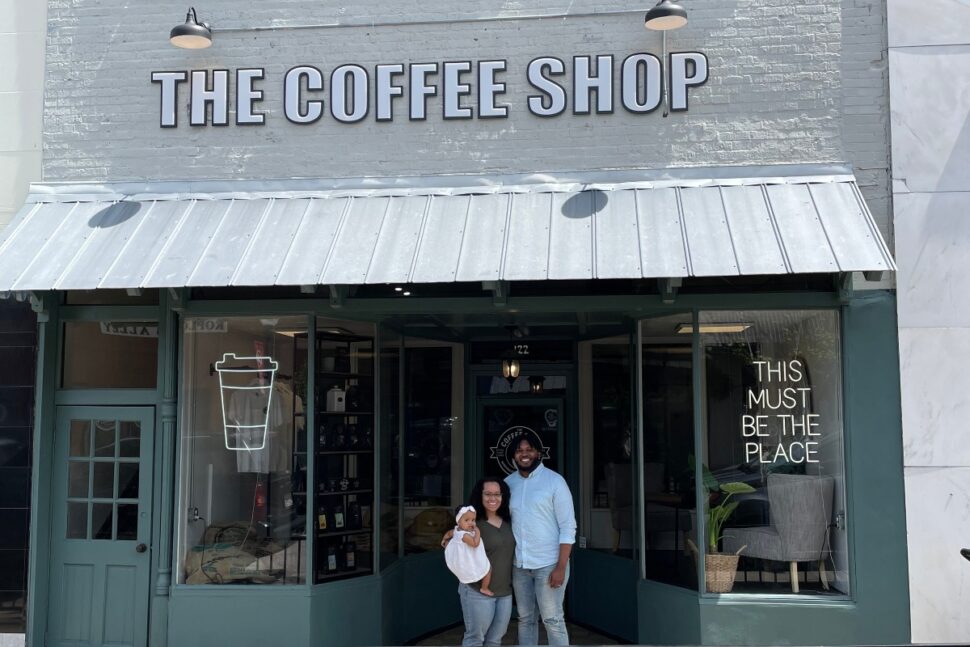
TN: Can you tell us more about your haunted coffee shop? What experiences have you had there, and how has owning this space affected your perspective on paranormal activity?
JD: From the first time my wife and I stepped into the coffee shop we were looking to buy, we felt something different about the energy of the building. Despite being from there, I wasn’t as familiar with the already present lore about ghosts and hauntings in the downtown Opelika area to the point where I should have suspected anything. That changed quickly. Within the first few weeks, I was hearing unexplainable noises like crinkling plastic wrap and odd simultaneous knocks throughout the building. This prompted me to look into the building. I found out that our place, The Coffee Shop in Opelika, Alabama, was much older than I thought.
The area was a major thoroughfare in the Confederate states and was a key raid during Rousseau’s General Sherman commissioned march to burn the South during the Civil War. This area saw a lot of skirmishes, and in turn, it seems that the entire area has legends of apparitions and paranormal activity going back decades, not just in the shop. From there, a litany of things have continued to happen in our shop. Footsteps are the most common phenomena that happen. My wife, at one point, recently grabbed her keys and belongings to leave because the noise being made in our office was so loud that she thought someone was in there with her despite her being alone.
TN: Why is representation so important in the field of paranormal investigation? How do you think increased diversity could benefit the field as a whole?
Diverse stories need diverse people with diverse experiences and backgrounds to bring their value to these stories and tell them completely. Diversity makes things better. How I see isn’t necessarily how other people are going to see. That’s a good thing. Opening the door for others in this space is critical in allowing new stories to be told and old stories to be restructured and retold. It allows for added context and information to be taught from the cultural practices and mythos of others that might have been lacking because we aren’t also a part of those communities.
This article has been edited and condensed for length and clarity.
